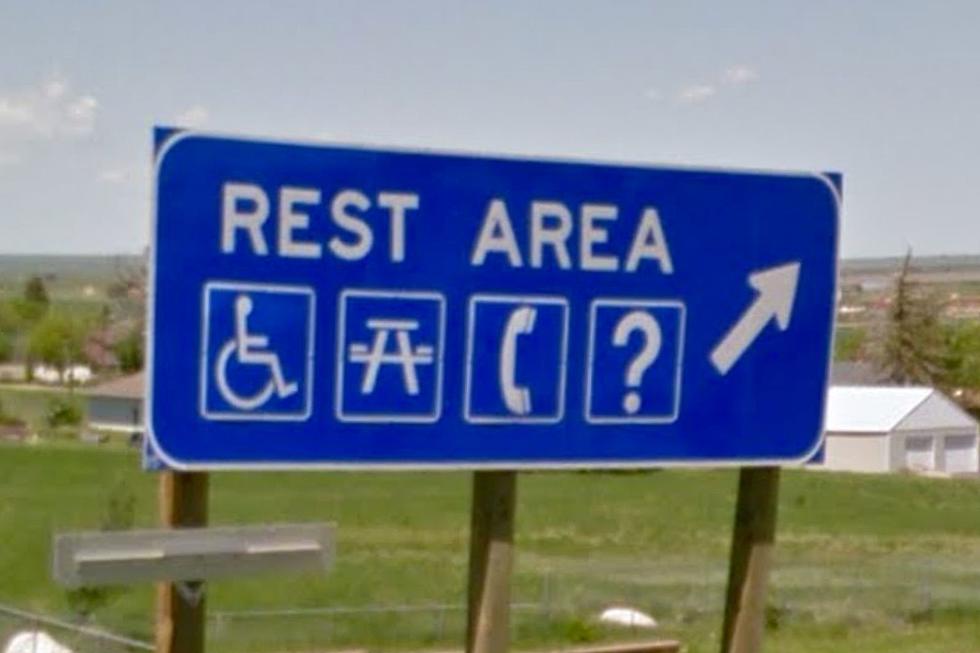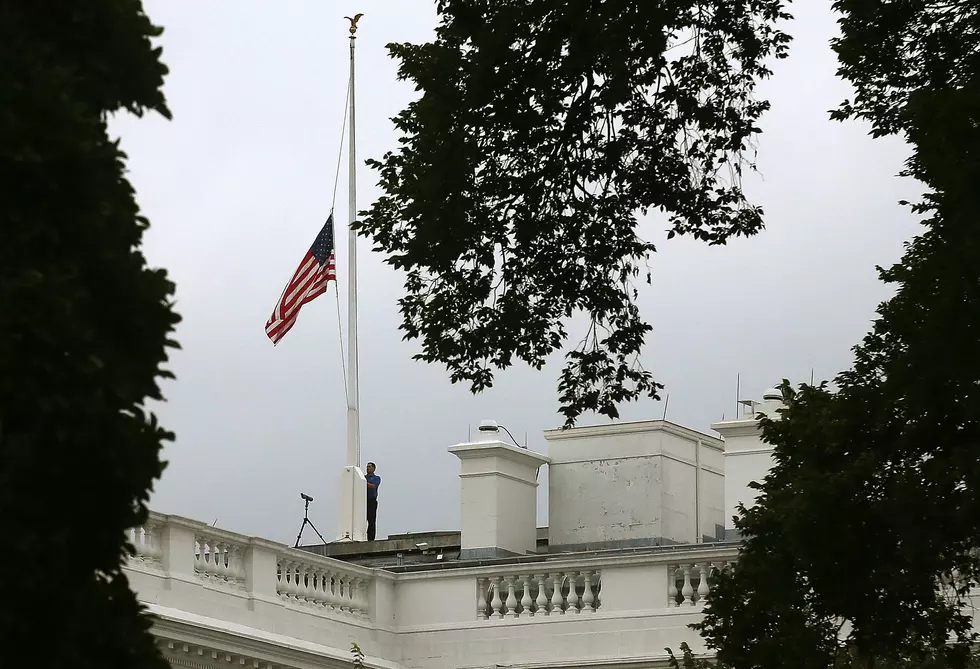
Governor Advocates Using Rainy Day Fund To Help Cover Shortfall
Wyoming Governor Matt Mead says the state will probably need to use money from the so-called "rainy day fund" to help cover a projected shortfall in state funding.
A Monday report from the state's Consensus Revenue Estimating Group (CREG) projects state revenues will fall about $156 million dollars short of covering the two-year $3-billion general fund budget that started July 1.
But the governor says he thinks the real target number for the shortfall is about $52 million because $104 million of the $156 million figure is actually money that must go back into a state savings account and is something the state has a degree of flexibility on.
As for the remaining $52 million, the governor says it's important to note the state's ''rainy day fund" (formally known as the Wyoming Legislative Stabilization Reserve Account, or LISRA), has gained an additional $26 million as of October 17. He also says cuts he has previously made to the state budget haven't been fully felt yet in many cases.
He also says in terms of the rainy day fund "in my mind it is raining in Wyoming, and this is a time to smooth out this downturn, to use some additional rainy day funds."
The governor notes he is due to present his proposed state budget to lawmakers on December 1. Mead says that even though he is ok with using rainy day money to help the state through the current shortfall, it's also important to use that money conservatively because the future of the mineral commodities that provide about 70 percent of the state's revenues is still unknown.
The rainy day fund currently holds about $1.5 billion. Mead says he doesn't expect to ask for any major budget cuts to deal with the shortfall at this point
Mead says that while some experts are seeing hopeful signs for natural gas and oil prices in particular, the bottom line is that no one knows for sure what will happen with energy prices.
He says because of that state officials need to make sure the "burn rate" for rainy day money will allow the state to continue to use that money for several years if needed.
More From K2 Radio









